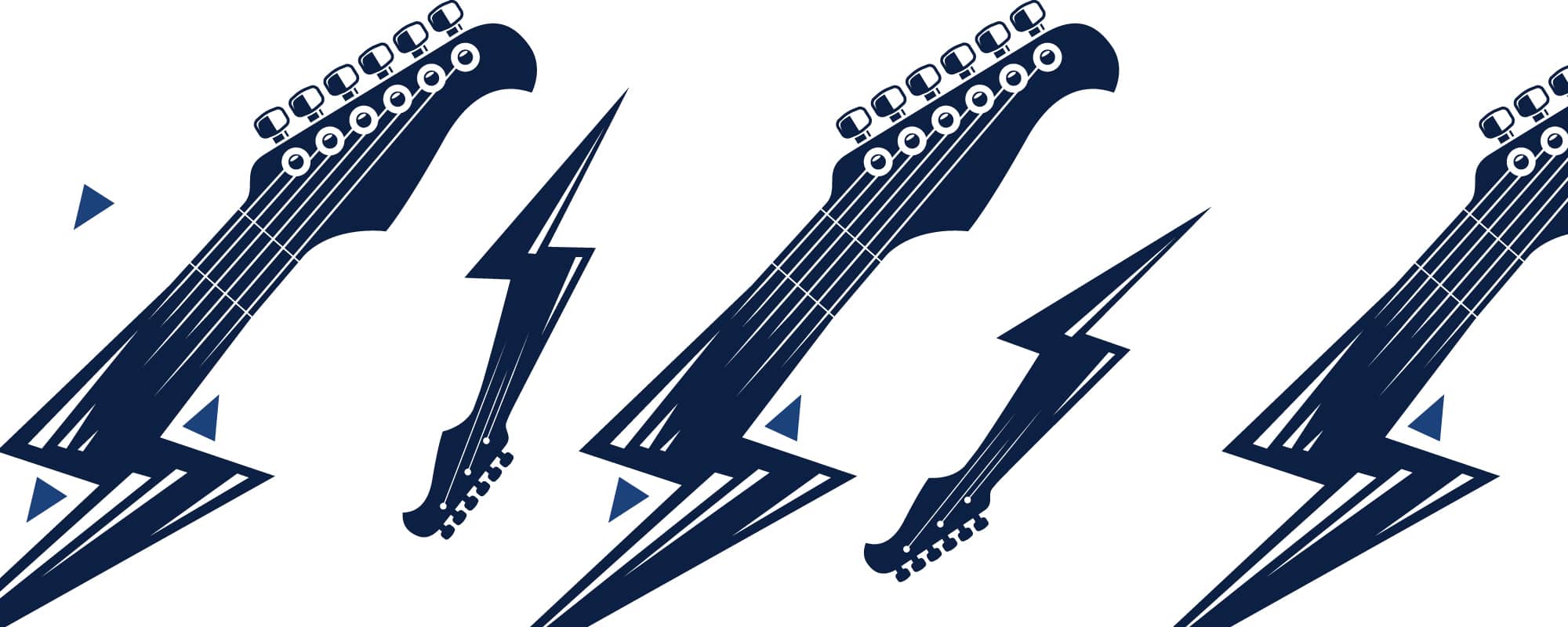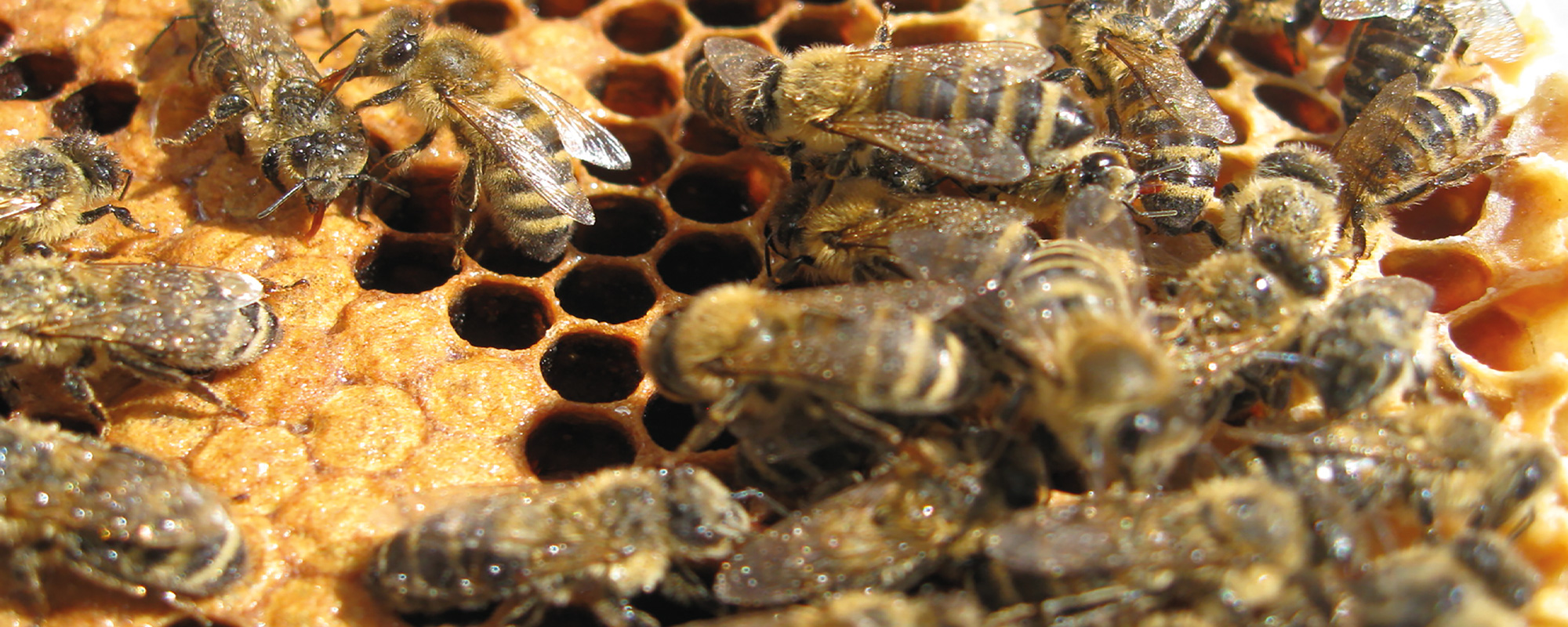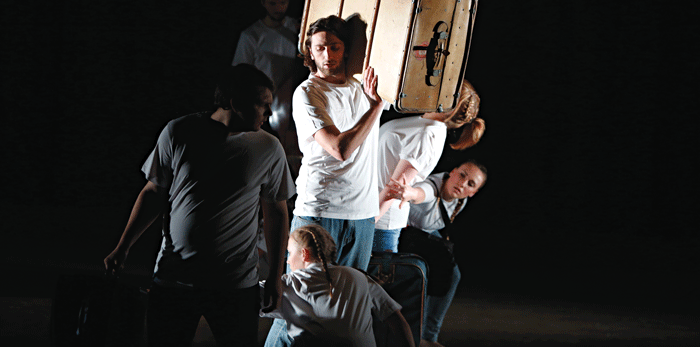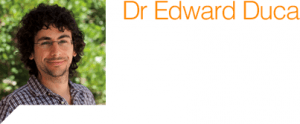Dr Mario Thomas Vassallo talks to THINK about he recent publication, ‘Kollox Politika.’
Continue readingDestructive, Creative, PUNK!
Music knows no barriers. How Finnish punk has become popular in Brazil and Japan might be the best proof for this point. Walking down the street in São Paulo, Brazil, Lasse Ullvén found that punk music from his native Finland is surprisingly popular in Brazil. Some punk bands even learn Finnish to emulate the right sounds. Ullvén, a punk rocker and now a doctoral student in Literary Tradition and Popular Culture at the Faculty of Arts of the University of Malta, decided to research the music that influences his life and others across the continent.
Continue readingProbiotics to the rescue
Author: Daiva Repeckaite
It started with a high school project. ‘Every year, the school needed students to [adopt] a beehive. Eventually I fell in love with bees – like everyone does,’ Dr Daniele Alberoni (University of Bologna) remembers the beginnings of a journey that later became his research, his business, and his lifestyle. He shared these thoughts with THINK when he visited the University of Malta in December 2019. Having become a beekeeper at the age of 16, the Italian scientist is working to develop new remedies against common bee illnesses.
Continue readingWhere Archaeology, Physics, and Artificial Intelligence Meet
Author: Dr Marc Tanti
Ancient Egypt is famous for the mummies of Pharaohs, but did you know that there are many mummified animals? Studying them offers scientists a wealth of knowledge on the method and motivation behind this practice. But mummies are fragile artefacts, and museum curators don’t generally appreciate archaeologists dissecting their specimens. To get around this, X-rays help researchers peek inside the mummies without damaging them.
After finishing my Ph.D. in artificial intelligence, I started working as a research support officer at the University of Malta on a collaborative project with archaeologists at the European Synchrotron Radiation Facility (ESRF), a research institute in France. These archaeologists are studying animal mummies from museum collections, such as the Museum of Grenoble, in order to learn about their structure. This institute is better known for its particle accelerator, which sets electrons flying at nearly the speed of light to understand the shape of drugs and other molecules. So, what’s the link with mummies?
Continue readingFusing philosophy and performance
 Interdisciplinary research and practices blur boundaries. While the premodern approach to research distils areas into fine categories and certainties, interdisciplinary ideas spread across different fields. Performance is charged with interdisciplinarity.
Interdisciplinary research and practices blur boundaries. While the premodern approach to research distils areas into fine categories and certainties, interdisciplinary ideas spread across different fields. Performance is charged with interdisciplinarity.
The University of Malta’s School of Performing Arts conducts interdisciplinary research that connects the performing arts with various disciplines in the Sciences and Humanities. This year’s school annual conference focused on this, in particular on eight overlapping performance categories: everyday life, the arts, sports, business, technology, sex, ritual, and play. The performing arts can endlessly combine these groupings in ways that range from theatre, dance, and music, drawing material from—but also impinging upon—everyday life, to training in performance and in sports. These arts share the drive for efficacy and efficiency with business, besides witnessing an increasing use of technological innovation.Continue reading






